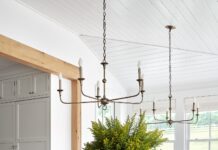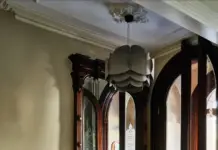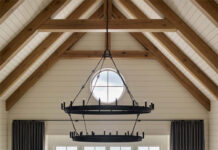When it comes to choosing the right type of grass for your lawn, there are many important factors to consider. From the amount of sun and shade you receive in different areas to the climate you live in, each space is unique and requires a special type of grass. This article will provide an overview of some of the most popular types of grass and their pros and cons so that you can make an informed decision about which one is best for your property.
Grass #1: Fescue
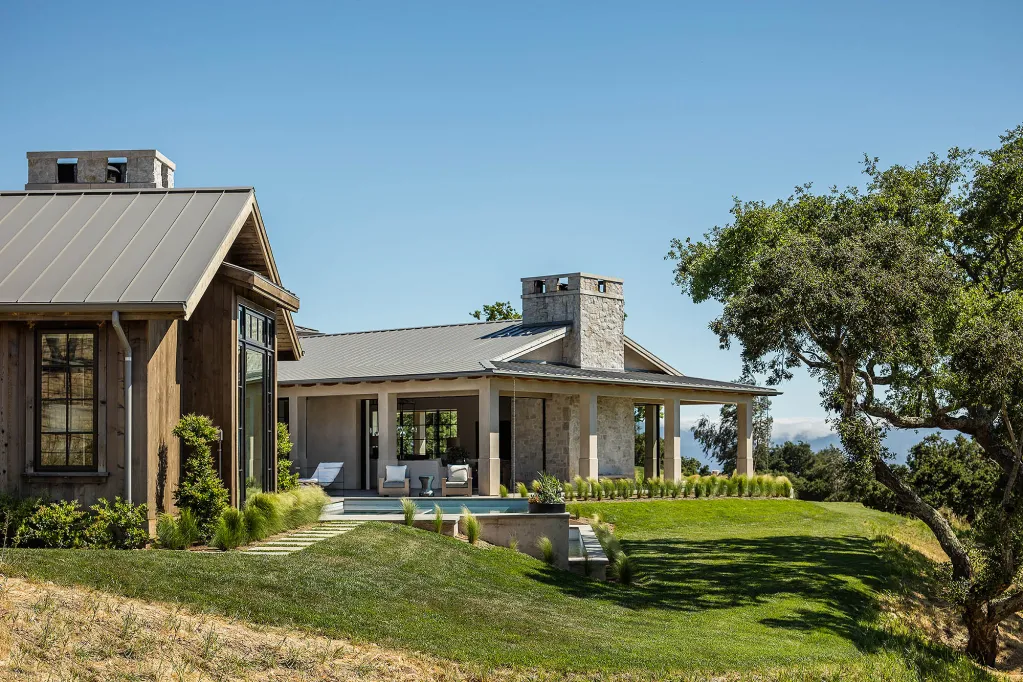
Fescue is a versatile grass that can tolerate both sun and shade, making it perfect for areas of your lawn that receive mixed light exposure. It’s also known for its ability to withstand drought-like conditions, so if you live in an area with low rainfall or high temperatures, fescue may be the best choice for you. On the downside, however, fescue requires more maintenance than other types of grass and can become infested with weeds if not properly cared for.
Pros:
-Tolerant of both sun and shade
-Drought-tolerant
Cons:
-Requires more maintenance than other types of grass
-Can become infested with weeds if not properly maintained.
Grass #2: Bermuda Grass
Bermuda is a warm-season grass that does best in sunny, hot climates. It’s also known for its ability to stay green even during drought or extreme heat. On the downside, it may require more watering than other types of grass and does not do well in cold temperatures or shady areas.
Pros:
-Stays green even during droughts or extreme heat
-Does well in sunny, hot climates
Cons:
-May require more watering than other types of grass
-Does not do well in cold temperatures or shady areas.
Grass #3: St. Augustine Grass
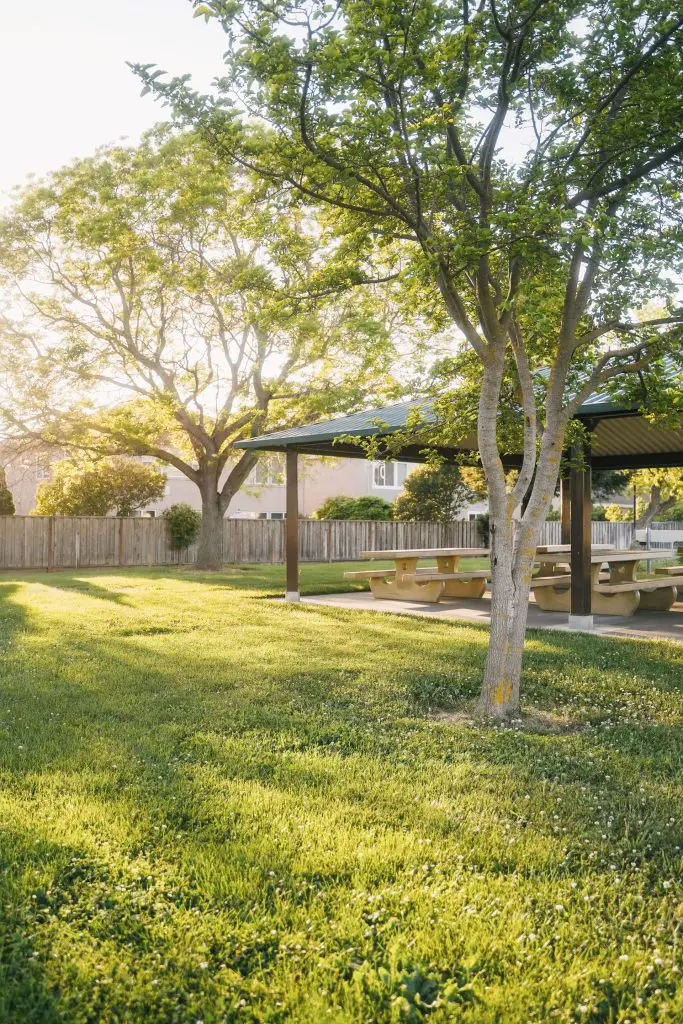
St. Augustine is a warm-season grass that does best in the southern United States and is known for its ability to withstand both drought and heavy foot traffic. It’s also very low maintenance, making it great for those who don’t want to spend too much time on lawn care. On the downside, however, it can struggle in colder climates and requires extra fertilizer during peak growing seasons.
Pros:
– Withstands drought and heavy foot traffic
– Low maintenance
Cons:
– Can struggle in colder climates
– Requires extra fertilizer during peak growing seasons.
Grass #4: Kentucky Bluegrass
Kentucky bluegrass is a cool-season grass that does best in temperate, shaded climates and is known for its thick, lush texture. It’s also very low maintenance and can stay green even during long periods of drought or extreme heat. On the downside, however, it requires regular mowing to keep it looking good and can be easily damaged by foot traffic.
Pros:
-Thick, lush texture
-Low maintenance
-Stays green even during droughts or extreme heat
Cons:
-Requires regular mowing
-Easily damaged by foot traffic.
#5: Zoysia Grass
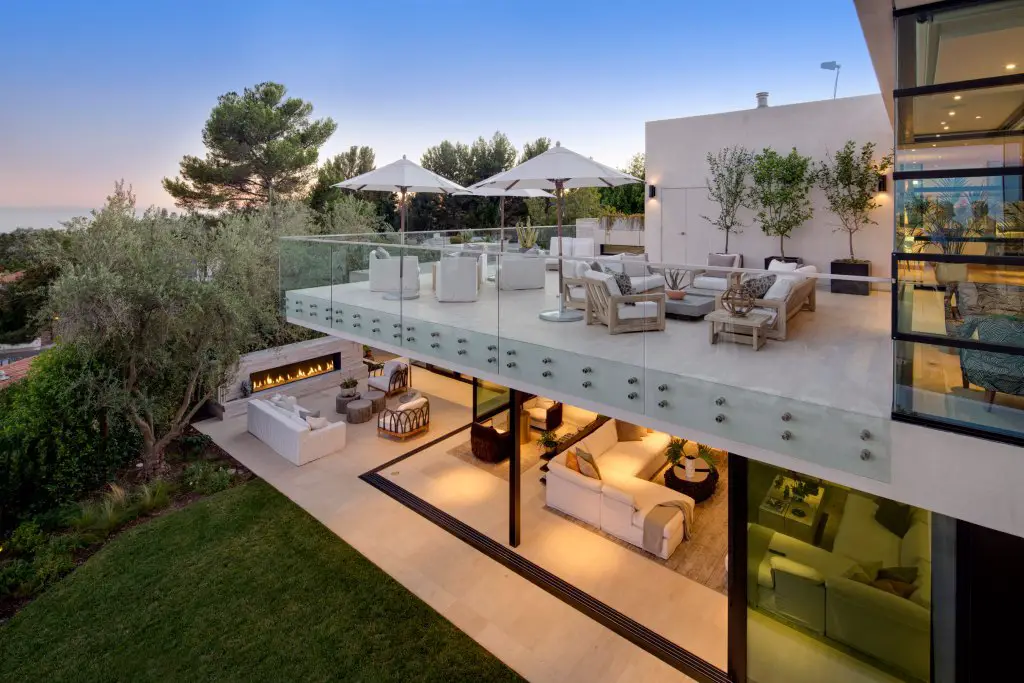
Zoysia is a warm-season grass that does best in sunny climates and is known for its thick texture and ability to withstand heavy foot traffic. It’s also low maintenance and can stay green even during long periods of drought or extreme heat. On the downside, however, it can be expensive to install and requires regular mowing to keep it looking good.
Pros:
-Thick texture
-Low maintenance
-Stays green even during droughts or extreme heat
Cons:
-Expensive to install
-Requires regular mowing.
Which Type of Grass is Right For You?
When deciding on the type of grass that is best for your lawn, there are a few things to take into account. Consider your local temperature, the level of maintenance you wish to perform, and the amount of foot traffic your grass will see. You can decide which variety of grass is best for you after having this knowledge in hand.
To give you a head start, Kentucky bluegrass or fescue may be your best choice if you reside in a temperate environment with moderate sun exposure. Bermuda grass or Zoysia grass are excellent options if you reside in a warm, sunny region. And St. Augustine is the best option if you live in the southern United States and need grass that can withstand a lot of foot activity. Learn more about these types of grasses and how to maintain them with Heroes Lawn Care!
No matter which type of grass you choose for your lawn, it’s important to make sure you understand how to properly care for it. That means mowing regularly, fertilizing when necessary, and watering deeply but not too often. With the right knowledge and care plan in place, you’ll have a beautiful lawn that lasts for years to come!
Thanks to heroeslawncare.com for consulting on this post.







